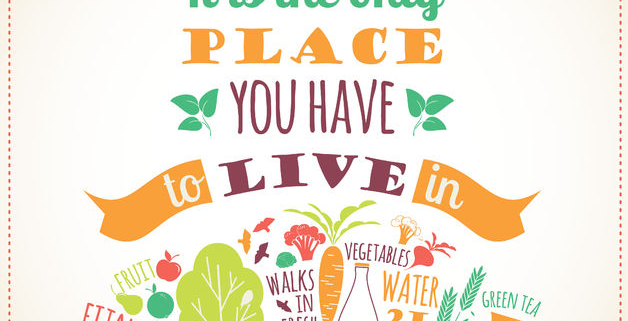Stroke Awareness – Take care of your body.
A stroke can happen to anyone, anywhere and at any age. Every four minutes someone dies from a stroke. Help NOAH raise awareness during #NationalStrokeAwarenessMonth by reading these tips and sharing them with your friends and family.
Lifestyle risk factors such as diet and exercise are controllable. People choose to engage in habits or behaviors that can directly increase their probability of having a stroke. Eating healthy includes making informed decisions about food choices and balancing your calories.
Healthier eating habits to include: FATS IN FOOD GUIDE
• A variety of vegetables — dark green, red and orange, legumes (beans and peas), starchy, and other.
• Fruits, especially whole fruits.
• Fat-free or low-fat dairy, including milk, yogurt, cheese, and/or fortified soy beverages.
• A variety of protein foods, including seafood, lean meats and poultry, eggs, legumes (beans and peas), and nuts, seeds, and soy products.
• Grains, at least half of which are whole grains.
Healthier eating habits to limit:
• Saturated fats – consume less than 10 percent of calories per day from saturated fats.
• Sugar – consume less than 10 percent of calories per day from added sugars.
• Sodium – consume less than 2,300 milligrams (mg) per day of sodium.
• Alcohol – consume in moderation; one drink/day for women and up to two drinks/day for men.
For some, exercise isn’t fun or takes too much time. Break it up. If you can’t fit a 30-minute activity in at one time, break it up into 10-minute segments. Remember that all physical activity counts. Make physical activity fun. Walk or bike with a friend, take a dance class, and try different times of the day. Regular physical activity will improve your overall health and fitness, and reduce your risk for chronic diseases.
Exercise habits to include:
• Moderate activity – 150 minutes of moderate-intensity activity per week (brisk walking, water aerobics, bicycling) and two or more days a week of muscle-strengthening activities.
• Vigorous activity – 75 minutes of vigorous-intensity activity per week (jogging, running, swimming laps) and two or more days a week of muscle-strengthening activities.
Did you know that smoking doubles the risk of stroke when compared to a nonsmoker? If you smoke, try as hard as possible to stop. Quitting smoking can be difficult, just don’t give up!
Smoking increases:
• Clot formation.
• Thickened blood.
• The amount of plaque buildup in the arteries.
Our NOAH care team is ready to help you. Call us at 480-882-4545 or schedule an appointment here with your Doctor. Make sure to ask about quit-smoking aids like nicotine patches, counseling, and programs that are available to you. Additional resources are available to you regarding diet and exercise as well.




